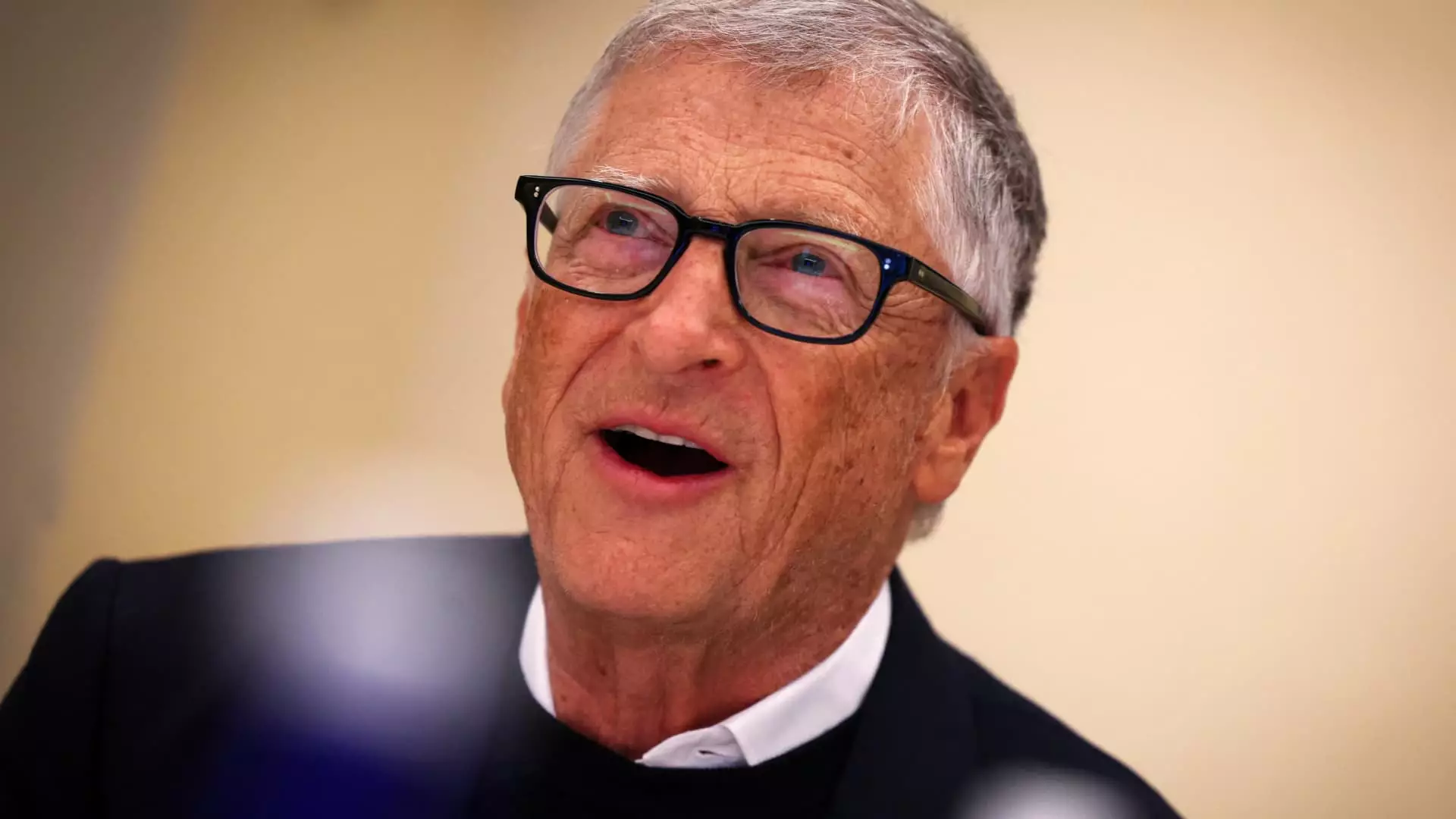The recent decision by the U.S. government to drastically cut international aid funding is a short-sighted gambit that threatens global health and stability. While proponents argue that fiscal austerity and a focus on domestic priorities justify such cuts, this perspective grossly underestimates the interconnected nature of global development. International aid is not simply charity; it is a strategic investment that fortifies global security, economic stability, and health systems that ultimately benefit the United States as well. Dismantling these programs risks unleashing a cascade of crises that will cost far more than any perceived savings.
Fundamentally, the assertion that cuts can be reversed or are “entirely preventable” ignores the delicate infrastructure of aid programs that require continuity and long-term commitment. The retreat into isolationism—exemplified by the recent shift in funding—ignores the lessons of history: neglecting international development fosters instability, terrorism, and economic disparity. From HIV treatment disruptions to shortages of vital supplies like oxygen, the tangible human toll is immediately apparent. These are not abstract policy failures—they are lives lost, children denied treatment, and entire communities left vulnerable.
Political Recklessness vs. Moral Responsibility
The move to slash aid demonstrates a troubling disregard for the moral obligation to support vulnerable populations worldwide, often in regions where U.S. influence is vital for peace and security. It’s clear that the current administration views foreign aid through a narrow lens of short-term political gains rather than recognizing its broader strategic importance.
Furthermore, the rhetoric surrounding “targeted” and “time-limited” assistance reveals a fundamental misunderstanding of development—it’s not a commodity that can be easily scaled down or up without devastating consequences. The impulse to reallocate funds away from proven programs like PEPFAR and Gavi is a reckless gamble with human lives, risking setbacks in diseases like HIV/AIDS and childhood immunizations. As proposed, these cuts seem driven more by political ideology than by factual assessment of their impact—an approach that dangerously undermines global progress on health.
It is also worth critiquing the disconnect between rhetoric and action: while officials like Marco Rubio tout strategic realignment, the reality is that these “tight” measures translate into tangible suffering. The stories emerging from aid workers reveal the stark truth—crucial medications and supplies have become unavailable, and infant mortality rates may increase as oxygen and medicines run out. This is a direct consequence of decisions made without proper regard for the human cost, a testament to the political calculus that prioritizes budget figures over lives.
Corporate and Philanthropic Implications: A Shift Away from Global Solidarity
Prominent figures like Bill Gates have vocally criticized these aid reductions, warning of the catastrophic consequences. The Gates Foundation’s extensive work in global health exemplifies the importance of sustained aid efforts—bilions of dollars invested into vaccination campaigns, disease eradication, and healthcare infrastructure. When the U.S. government withdraws support, it not only jeopardizes these programs but also diminishes the moral authority of the U.S. in shaping global development agendas.
It’s ironic that during a time when the global community is faced with ongoing health emergencies like COVID-19, these aid cuts threaten to undo years of progress. These actions send a disturbing message that immediate political gains or budget savings are more critical than collective responsibility—an attitude that could corrode international trust and cooperation. Cutting aid to organizations like Gavi, which the U.S. helped establish, signals a troubling shift away from a longstanding partnership aimed at global health equity.
The personalized nature of the political exchanges—such as Gates’ interactions with Trump and Rubio’s reluctance to meet—highlight a troubling disconnect between those advocating for global well-being and the policymakers shifting priorities. This reflects a broader trend: aid policies increasingly driven by partisan politics, diminishing the potential for bipartisan consensus on international development. As aid becomes entangled in political battles, the likelihood of sustained, effective engagement diminishes, leaving millions in peril.
Reckoning with the Consequences of a Shift Toward Self-Interest
Dismantling aid programs in favor of short-term political rhetoric neglects the fundamental reality: global stability depends on shared responsibility. The world is more integrated than ever, and neglecting this interconnectedness risks a future marred by preventable suffering. Conversely, reaffirming a commitment to aid and development signals a recognition that moral and strategic interests are intertwined.
The United States’ role as a global leader must be rooted in a balance of strategic interests and moral leadership. Cutting aid in the face of mounting evidence of its importance is a reckless gamble that prioritizes political optics over human lives. It is imperative to advocate for policies grounded in compassion, strategic foresight, and an understanding that the costs of neglect far outweigh any short-term savings. A failure to uphold this responsibility weakens the moral fabric and strategic leverage of the nation, ultimately endangering the very stability that aid aims to promote.


Leave a Reply